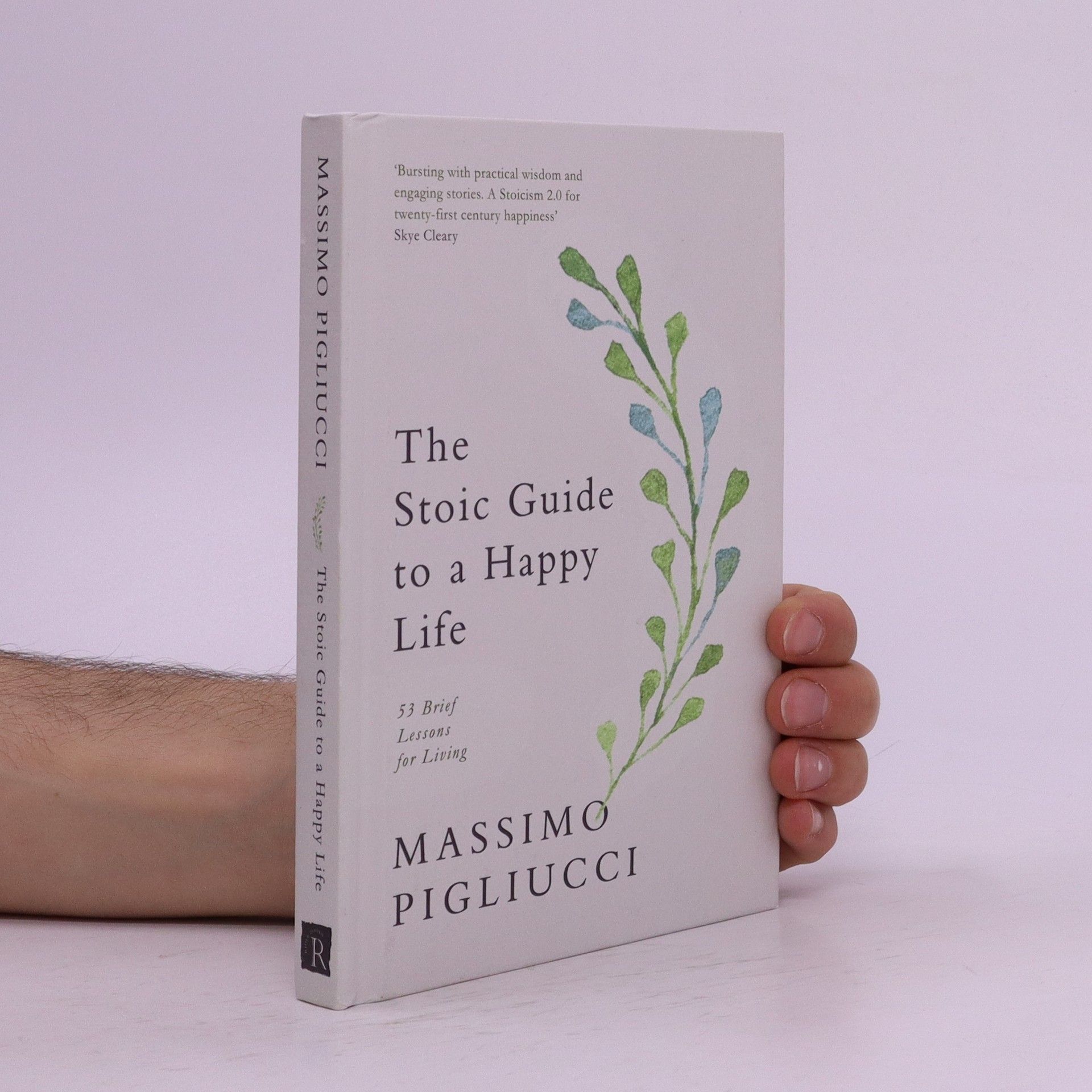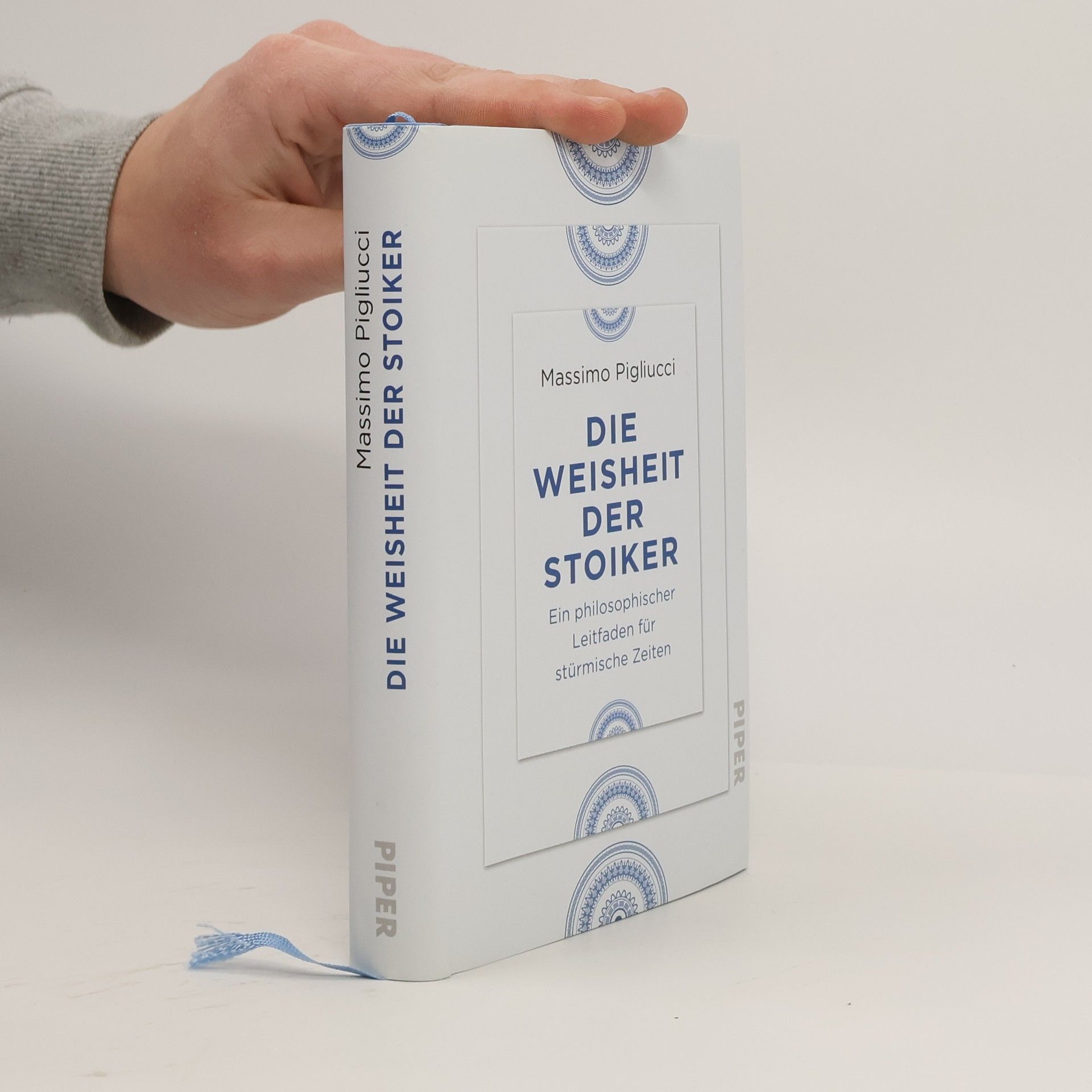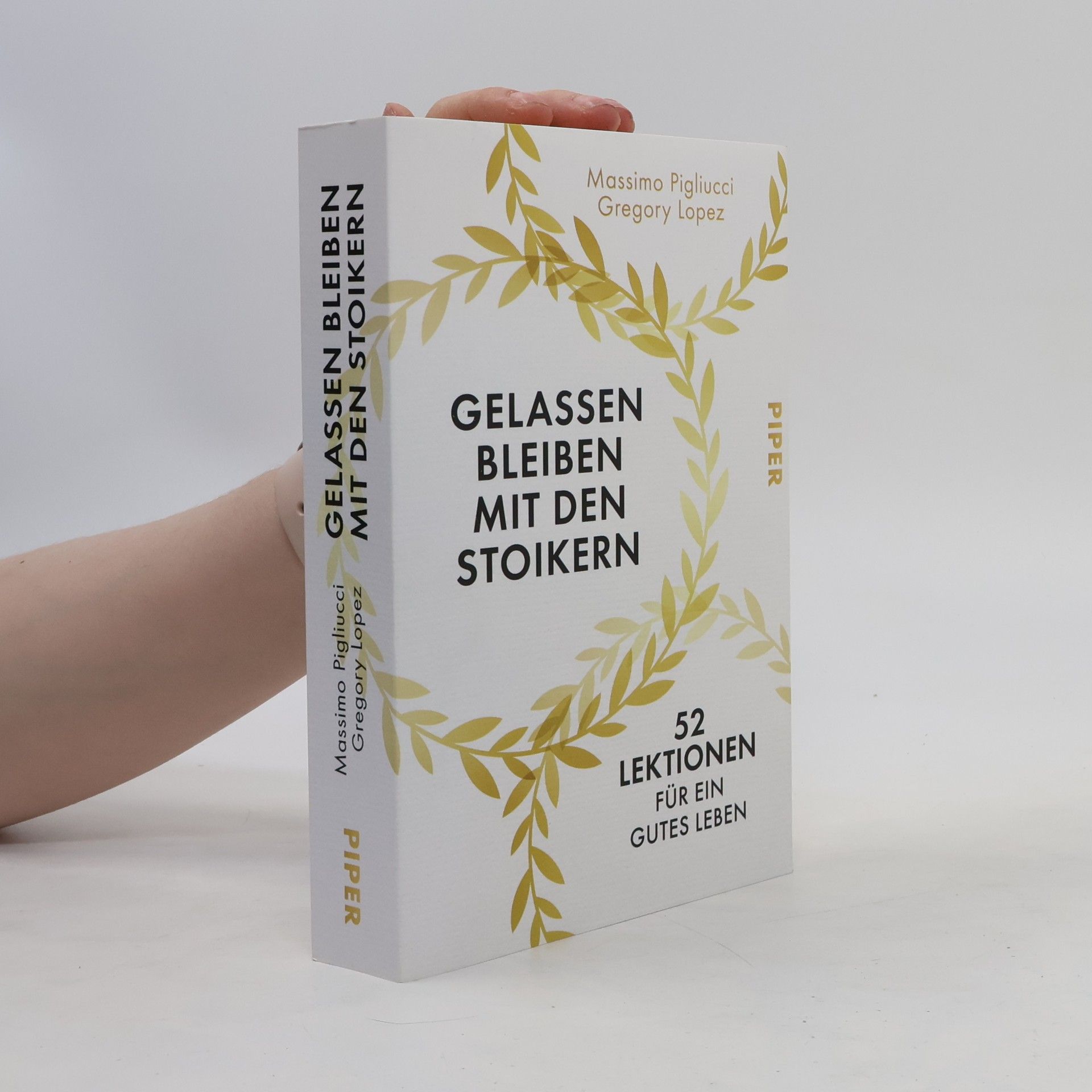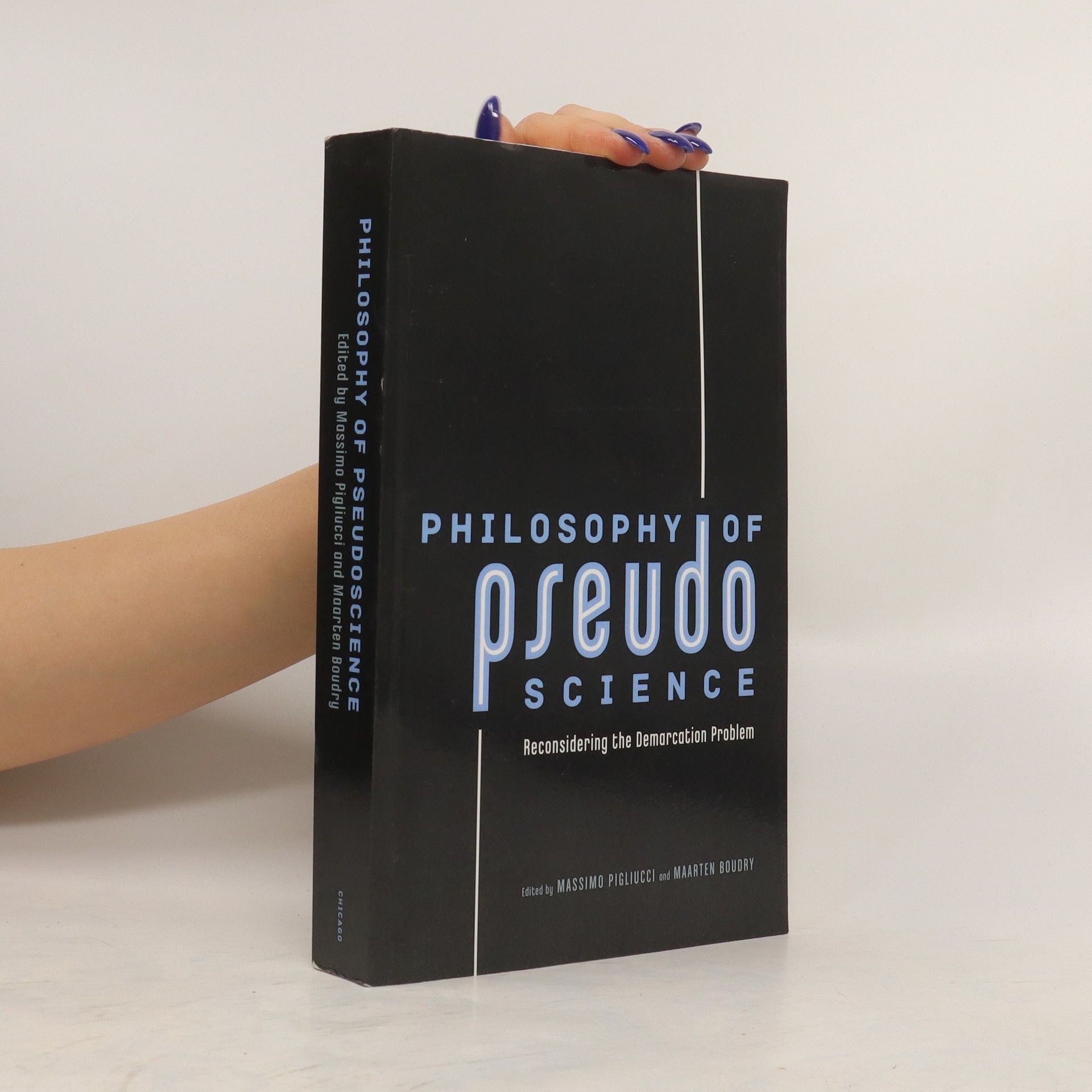Gelassen bleiben mit den Stoikern
52 Lektionen für ein gutes Leben
In seinem Buch »Die Weisheit der Stoiker« hat der Philosoph Massimo Pigliucci die antike Kunst der Gelassenheit für unsere Zeit neu entdeckt. Passend dazu und doch völlig eigenständig lesbar kommt nun dieses Handbuch - eine praktische Anleitung , die uns den Stoizismus noch einmal näher bringt und gleichzeitig hilft, die schlauen Fragen und Gedanken von Epiktet, Seneca und Marc Aurel in die Tat umzusetzen: Was können wir im Leben beeinflussen und was nicht? Welche Ziele sollten wir anstreben und welche tunlichst vermeiden ? Wie gehen wir dabei mit unseren Ressourcen um, mit unserer Energie und unserer Zeit ? Das Buch ist unterteilt in 52 Lektionen , für jede Woche eine. Es wendet sich an alle, die nach einem Begleiter für einen glücklichen Alltag suchen.






